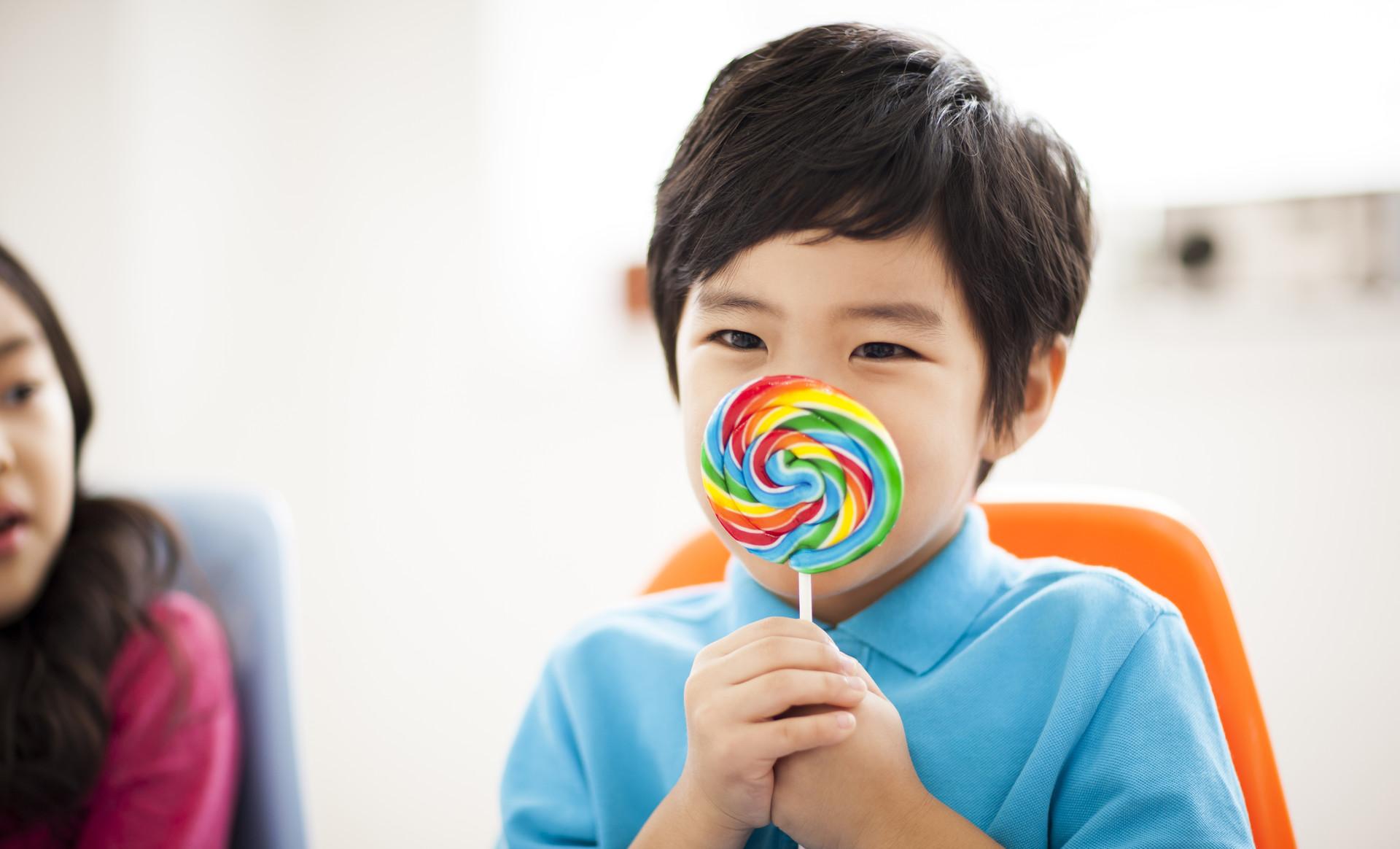<h1 class= "pgc-h-arrow-right" > home training diary</h1>
In the morning, my father and I went to work, and the baby was at home playing games and reading picture books with his grandparents. When I came home from work at noon, the baby took out all the origami I had made for him before, took out a big lollipop, said "such a big lollipop" to himself, I was very surprised, and then took out a small lollipop and taught him "this is a small lollipop" to let him know the concept of big and small.
After teaching a few times, the baby understood, I took the big lollipop and asked him what it was, he answered "big lollipop", took the little lollipop and asked him what it was, he answered "little lollipop".

Then he took out a big dinosaur and said "big dinosaur" and then I took out a small dinosaur and asked him what it was, and he replied "little dinosaur" and I knew he really understood what big and small it was.
In the afternoon, the baby and grandma played with plasticine at home, the baby took out the dough and the mooncake mold, said "grandma press" to grandma, let grandma squeeze out a piece of mooncake, learned to say "OK, cut it", and then cut it in half with a cutting knife. In the afternoon, I leave work to steam steamed buns for the baby, and the baby plays with the dough with me. The baby likes to cut the dough, let me "roll out" and "roll it into strips", and then he cut it into small pieces, and the baby cut the dough much more skillfully than before, and it will also be hard.
Dad took a kettle to give the baby water to drink, drank a few sips, and Dad asked the baby, "Do you still drink?" The baby replied directly, "Drink it yet." In the past, babies would first repeat "do you still drink" and then answer "still drink".
Before going to bed at night, we lay in bed and practiced the two-step instruction for a while, and the baby now knows what to do first and what to do later. Then the baby memorized the poems for a while, and carried the nine poems on the sound flip chart from the beginning to the end, and the back was quite emotional.
<h1 class="pgc-h-arrow-right" > contest dad said</h1>
Baby's progress is still quite large, and it can correctly distinguish between "big" and "small". At this time, parents will definitely seize the opportunity to teach "more" and "less" again.
It is possible to make the same use of common objects in life. For example, when eating, the baby's bowl has less rice, and Daddy's bowl has more rice. When playing with building block toys, there are more toys for babies and fewer toys for mothers. Sometimes the child's interest is in those few days, or those hours or two. Therefore, we must take advantage of the victory to chase and break through one by one within the time limit period in order to obtain the final victory!
We parents should learn how to accompany their children with high quality, in addition to playing happily, there is another very important skill, that is, skill extension.
For example, in this diary, it can be seen that the father took a water bottle to drink water for the baby, drank a few sips, and asked: "Do you still drink"? I believe that the vast majority of parents do this, and think so. However, we know that the immutable questioning guidance will only make children resentful or form inertial thinking.
As we said earlier, sometimes, in daily life, we need some "tossing".
For example: we deliberately take a cup of very hot water, let the child feel that "hot" is dangerous, can not drink, to stay away! At the same time, children learn to wait – wait until the water is warm before they can drink. Invisibly trains the child's patience. Wait for the next day to drink water, we deliberately take a cup of ice water, guide the child, ice water, ice ice, you can try a small amount, can not drink too much, otherwise drink too much stomach will hurt.
Invisibly speaking of logical relationships, as well as the need to bear consequences. Then on the third day to drink water, we add some sugar in warm water, the child drank, naturally there will be doubts in the heart, parents observe the baby's expression, eyes, at this time to ask the child, baby, today's drinking water is not hot? Sweet or not? Does the child immediately understand the meaning of "sweet"?
In the changes of these days, the child has learned to accept the change, face the change, and also train the child's other cognition of "water" and logical thinking ability!
Therefore, everything in a child's life is no small matter, and parents need to be good at discovering, observing, and then extending - changing, tossing. Let's "toss" up and let the child go full speed in the "toss"! Come on!